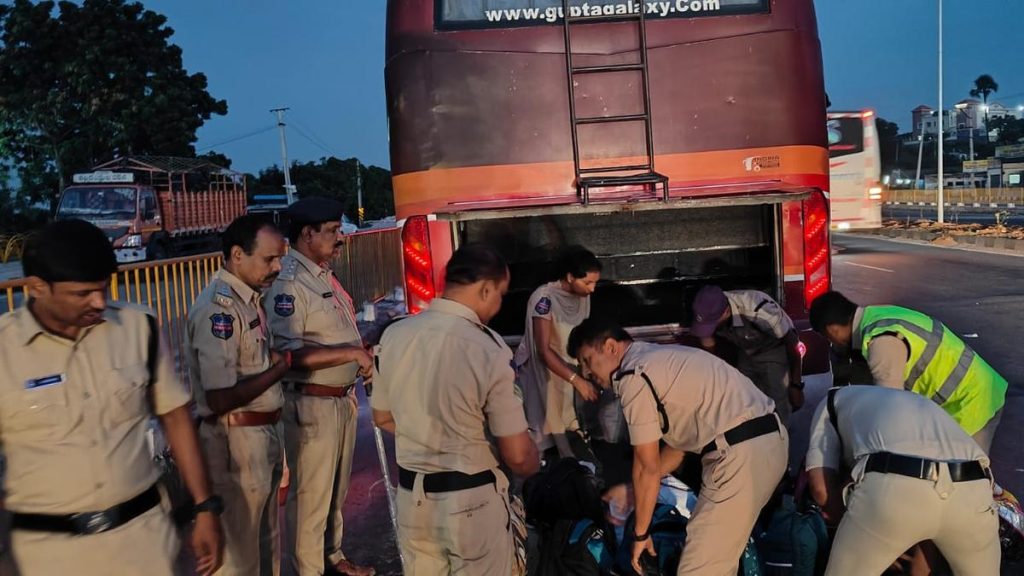Now Reading: Medical Survey Conducted in Thurakapalem, Guntur
-
01
Medical Survey Conducted in Thurakapalem, Guntur
Medical Survey Conducted in Thurakapalem, Guntur

Quick Summary
- Health Minister Satya Kumar Yadav has ordered a special medical survey in Thurakapalem village near Guntur following over 20 deaths due to fever and health issues over six months.
- Director of Medical Education (DME) G.Raghunandan stated that the Guntur Government General hospital has allocated ten beds for affected villagers.
- Blood samples from all villagers are being collected by special teams, with surveys already conducted in 450 houses out of the village’s population of approximately 2,250.
- Residents with diabetes, high blood pressure, and renal complications are also undergoing testing as part of the efforts.
- Officials suspect melioidosis, an infectious bacterial disease spread through soil, may be the cause. Dr. Raghunandan emphasized maintaining cleanliness as a preventive measure against disease contraction.
Indian Opinion Analysis
The decision to conduct a dedicated medical survey highlights timely intervention by local authorities in response to recurring health issues in Thurakapalem village. Coordinated efforts between health officials-such as assigning hospital resources and conducting extensive household screenings-indicate a structured approach to tackling potential outbreaks like melioidosis. If confirmed as the cause, this would underline gaps in rural sanitation practices that require targeted awareness campaigns for better hygiene standards.
From an institutional perspective, the allocation of hospital facilities demonstrates capacity-building measures aimed at confronting public health emergencies effectively. However, broader implications revolve around addressing how systemic challenges such as access to clean environments or adequate healthcare infrastructure can mitigate similar occurrences elsewhere across India’s rural landscape.Read more: Original News Link
























